From Sharecroppers to Santa Barbara High Sports Stars
The Thompson Family Left an Indelible Mark on the Dons’ History
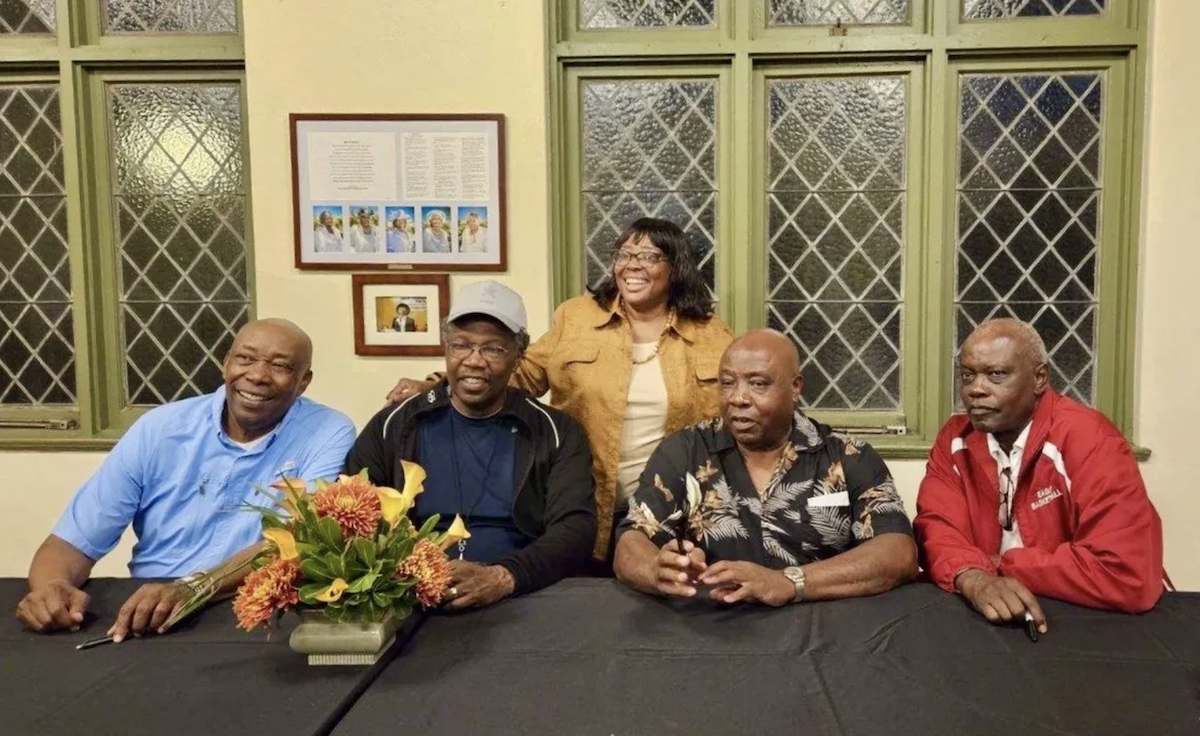
After nine years of contending with certain industrious athletes from Santa Barbara High, an Oxnard coach asked, “Is that Thompson kid ever going to graduate?”
It was a droll way of recognizing the impact that five Thompson brothers — Dave, Leroy, Bob, Charles, and Ed — made with the Dons on the basketball courts and baseball diamonds from 1964 to 1973.
A more serious question was posed on December 26, 1962, as 10 members of the Thompson family embarked from Clarksdale, Mississippi, in the back of a Greyhound bus, bound for Santa Barbara: “How are we going to make it?”
Mary Lee Thompson assured her children, “God will make a way.”
Those words became the title of a booklet compiled by a family friend, Wanda Lambert. She recorded the memories of the four surviving sons of Mary Lee and Dave Thompson Sr., and the release of the publication brought Dave, Bob, Charles, and Ed together at the Greater Hope Missionary Baptist Church on East Figueroa Street.
There was a darkness-to-daylight transformation in the lives of the Thompson boys when they left their homeland in the cotton fields of Mississippi and arrived in Santa Barbara. “We ran straight into the ocean with our clothes on,” Charles recalled.
Ed described the cruelties large and small of being Black in the segregated South. “Don’t look white people in the eye and keep your head lowered,” the boys were instructed if they went into town. “When a white person comes along, get off the sidewalk and let them go by.” They entered stores through the back doors.

They lived on a plantation as sharecroppers near the Mississippi River. Even the children had to work in the cotton fields, as they hoped to harvest enough to earn a modest share of the wealth they generated for the plantation owners. Sometimes the tenant farmers were told they owed more than they produced.
They did their own farming and lived off the land. Dave Sr. hunted for squirrels, possums, rabbits, and raccoons. “Due to racist laws, Black people could not hunt big game animals like deer or wild turkeys,” Ed said.
It was their mother who saved up the money to finance their trip to Santa Barbara. She cooked meals and made beer and spirits for sale. The boys picked and sold pecans. After two years of frugality, the family’s last experience of segregation was boarding the bus after the white passengers. They had a bucket of Mary’s fried chicken to sustain them during the three-day journey.
“I’ll always be thankful for the warm welcome we received on our arrival to Santa Barbara,” Dave Jr. said. They moved in with their older stepbrother, Cleveland Lee, who had left Mississippi years before and worked at UCSB. They marveled at having a corner market a few steps away and friendly neighbors around them, and being taught in integrated classrooms. Their parents found jobs and were able to provide for the family.
Over time, the Thompsons moved to different residences while deepening their roots in Santa Barbara. One of their schoolteachers, Frank Van Schaick, had a rustic residence in the foothills where kids of all backgrounds hung out. The Thompson boys frequented the downtown Boys & Girls Club, where they stepped on a gym floor for the first time, and director Donnie Yee taught them how to shoot a basketball.
“Living in Santa Barbara was like being in heaven,” Ed wrote.
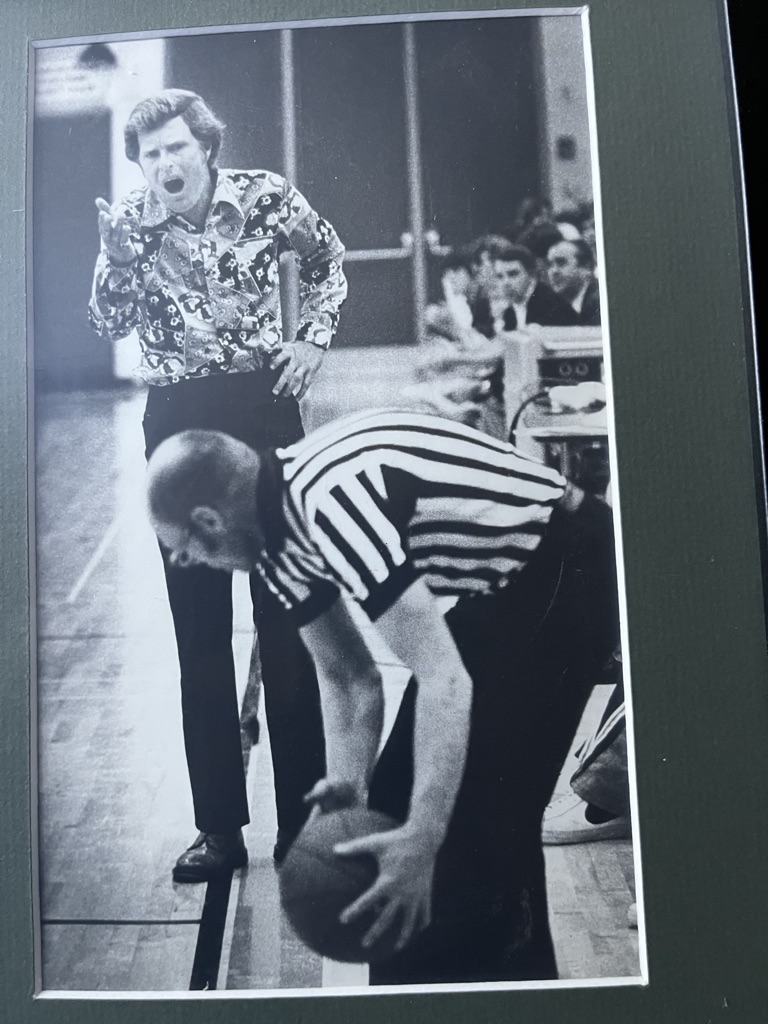
Then along came Jack Trigueiro, who received this tribute in the dedication of Wanda Lambert’s book: “Jack was the coach from hell!”
Trigueiro actually hailed from Bakersfield, where he was a notorious street fighter. After being toned down by the Navy and UCSB, he became Santa Barbara High’s basketball coach in 1964.
Dave Thompson was a 10th grader then. “I heard everybody from Bakersfield was prejudiced and I thought, ‘I just left segregated Mississippi and I gotta deal with this,’” he said. But the coach drove everybody hard to toughen them up, and later Dave testified that Trigueiro “was by far the best coach I have ever had. Over the years, our relationship has transitioned from coach to that of a friend.”
All five Thompson boys played for the Dons. Bobby was a starting guard on the 1970 team, starring Hall of Famer Jamaal Keith Wilkes and Don Ford, another future NBA player. They won 26 consecutive games before being upended in the CIF semifinals.
Bobby is the only brother who remains in Santa Barbara. He attended Westmont College on a baseball scholarship and graduated with a double major in sociology and business/economics. He retired as a longtime director at the Boys & Girls Club.
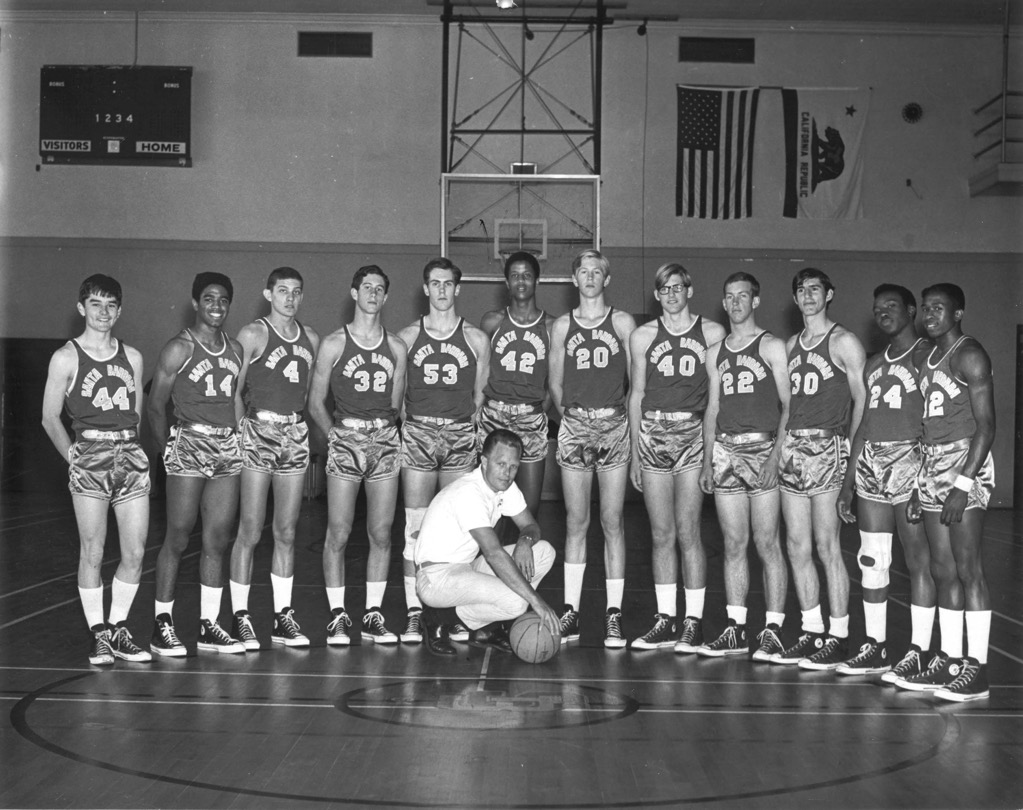
Dave excelled in baseball and played a couple of years in the minors. He was a member of the Santa Barbara police force for 23 years. His daughter Janelle was a standout for the Santa Barbara High girls’ basketball team, as was Charles’s daughter Aqueelah.
Ed had his greatest athletic success in basketball, starting for Idaho State in 1967 when the Bengals scored a historic upset of UCLA in the NCAA tournament.
Leroy, known for starting Thompson Bros. Barbecue on Ortega Street, died in Seattle in 2002. The family celebrated his life at La Mesa Park, and Jack Trigueiro was among those in attendance. “The Thompsons have been great for Santa Barbara,” their former coach said. “We’re talking about difficult times, with the civil rights struggle and all, but they came along and demanded a certain amount of respect. They used to come to school with starched shirts. It was unbelievable.”
Trigueiro died in 2022, and Dave Thompson remembered being embraced with a heartfelt “I love you, man” the last time he saw him.
Rev. JB Ficklin Jr., the longtime pastor of Greater Hope Baptist, credits the faith of the Thompson family — instilled in them by their parents — for seeing them through challenging times. Ficklin himself grew up in a Clarksdale sharecropper’s family and remembered the day Dave Thompson Sr. had his left arm shredded in a cotton gin.“It was not a beautiful life,” said Ficklin, whose family escaped to Santa Barbara in 1958. “But it prepared you for things in the rest of your life. Through the church, we survived.
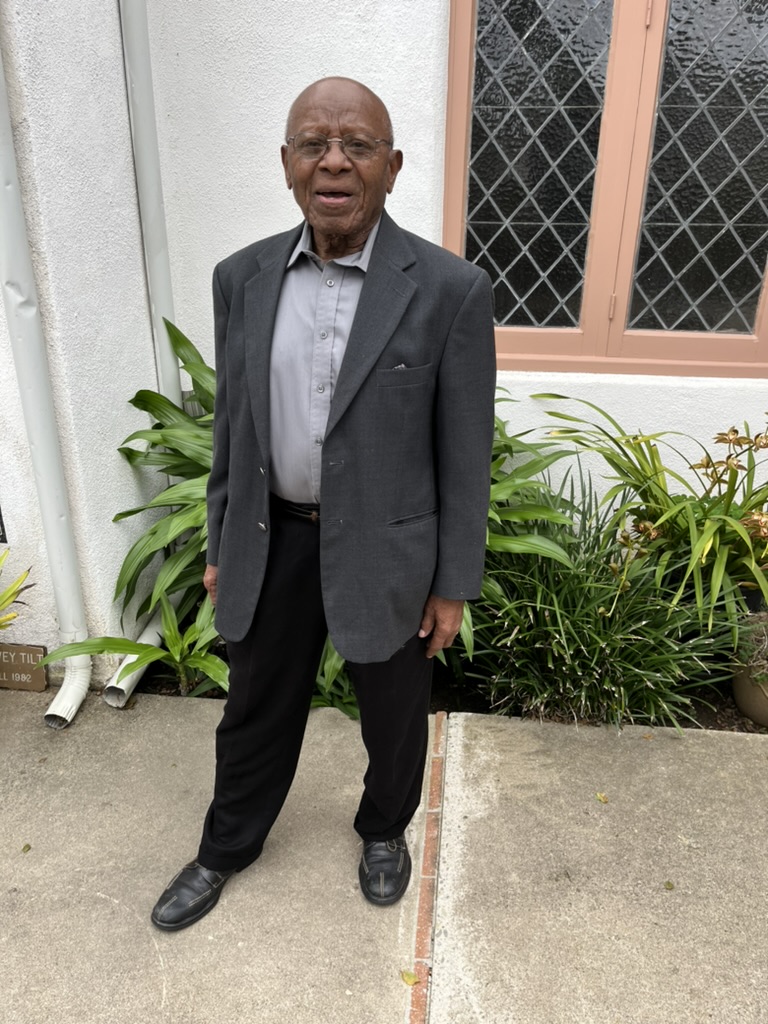
Premier Events
Thu, May 02
5:00 PM
Santa Barbara
Things with Wings at Art & Soul
Sat, May 04
10:00 AM
Lompoc
RocketTown Comic Con 2024
Wed, May 01
7:30 PM
Santa Barbara
American Theatre Guild Presents “Come From Away”
Thu, May 02
5:00 PM
Santa Barbara
100th Birthday Tribute for James Galanos
Thu, May 02
5:00 PM
Santa Barbara
Meet the Creator of The Caregiver Oracle Deck
Fri, May 03
4:00 PM
Santa Barbara
Santa Barbara Fair+Expo “Double Thrill Double Fun”
Fri, May 03
8:00 PM
Santa barbara
Performance by Marca MP
Sat, May 04
10:00 AM
Solvang
Touch A Truck
Sat, May 04
11:00 AM
Santa Barbara
Mental Wellness Center’s 28th Annual Arts Faire
Sat, May 04
11:00 AM
Santa Barbara
Community History Day
Sat, May 04
3:00 PM
Solvang
The SYV Chorale Presents Disney Magic Concert
Sat, May 04
7:00 PM
Santa Barbara
A Star Wars Cantina Celebration: Renegades, Rebels, and Rogues
Thu, May 02 5:00 PM
Santa Barbara
Things with Wings at Art & Soul
Sat, May 04 10:00 AM
Lompoc
RocketTown Comic Con 2024
Wed, May 01 7:30 PM
Santa Barbara
American Theatre Guild Presents “Come From Away”
Thu, May 02 5:00 PM
Santa Barbara
100th Birthday Tribute for James Galanos
Thu, May 02 5:00 PM
Santa Barbara
Meet the Creator of The Caregiver Oracle Deck
Fri, May 03 4:00 PM
Santa Barbara
Santa Barbara Fair+Expo “Double Thrill Double Fun”
Fri, May 03 8:00 PM
Santa barbara
Performance by Marca MP
Sat, May 04 10:00 AM
Solvang
Touch A Truck
Sat, May 04 11:00 AM
Santa Barbara
Mental Wellness Center’s 28th Annual Arts Faire
Sat, May 04 11:00 AM
Santa Barbara
Community History Day
Sat, May 04 3:00 PM
Solvang
The SYV Chorale Presents Disney Magic Concert
Sat, May 04 7:00 PM
Santa Barbara

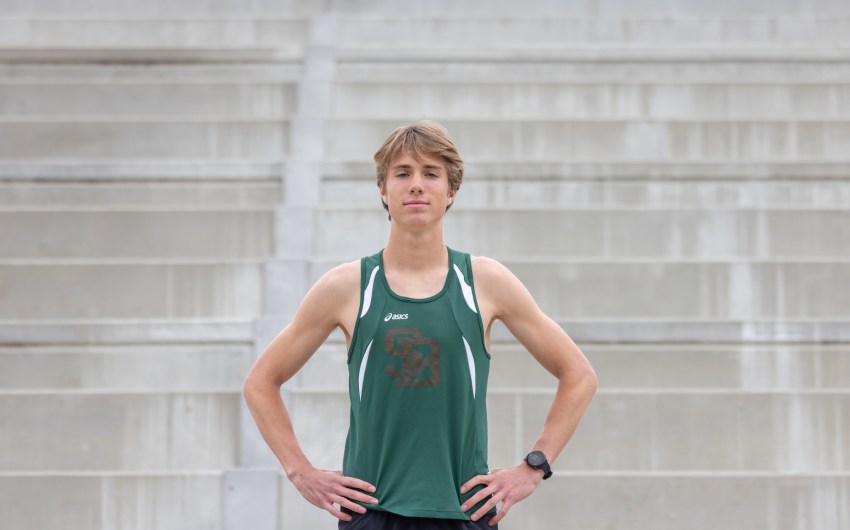
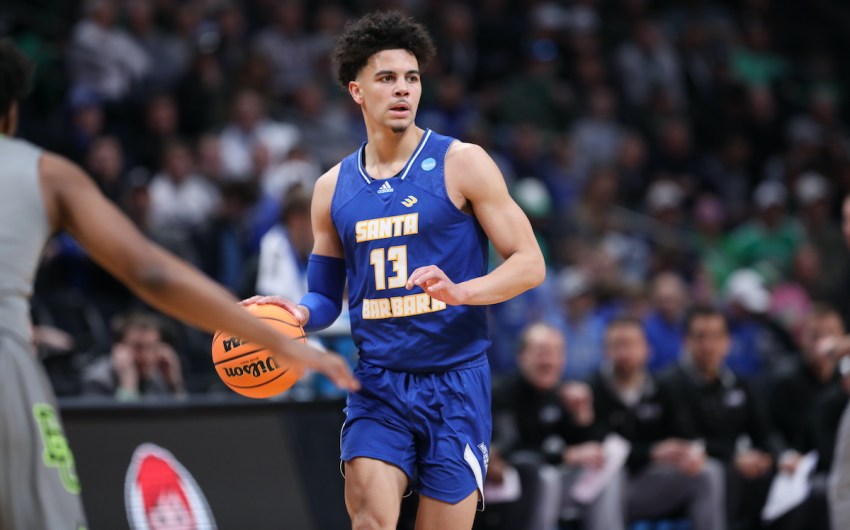
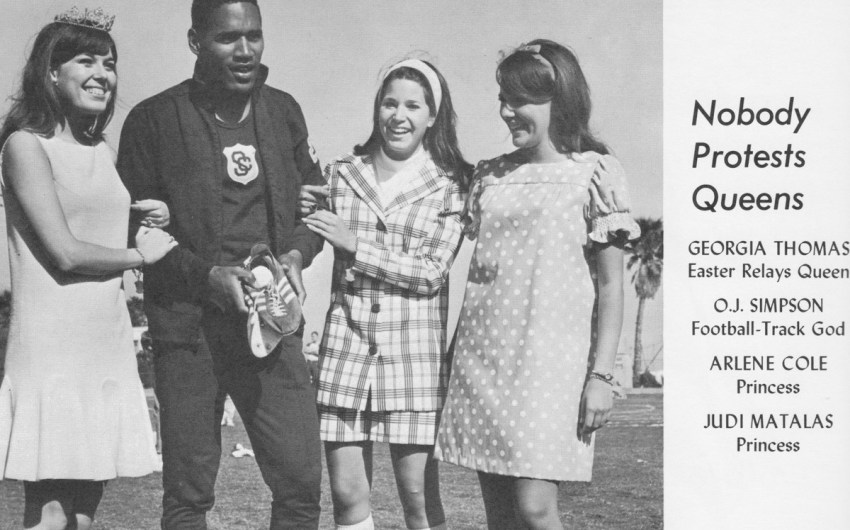
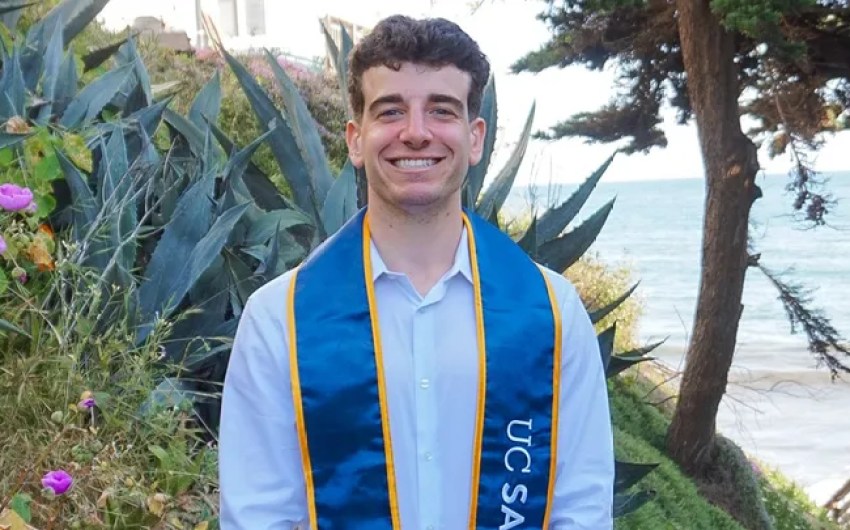
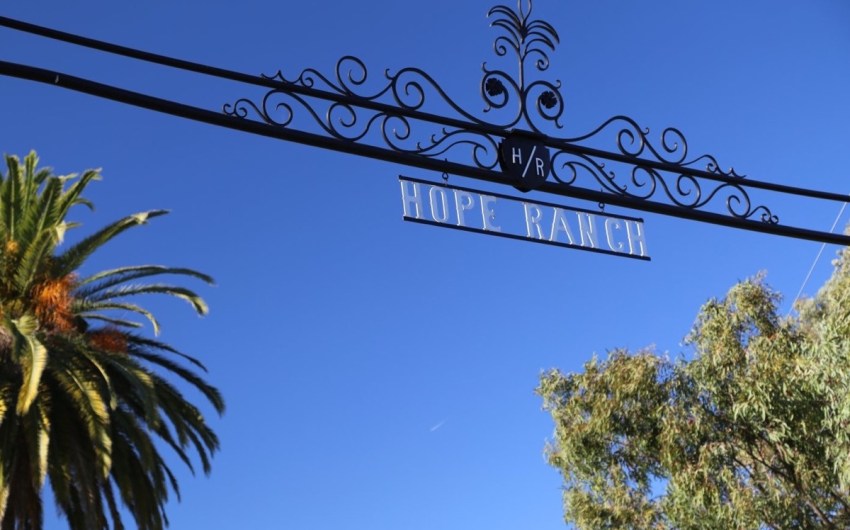
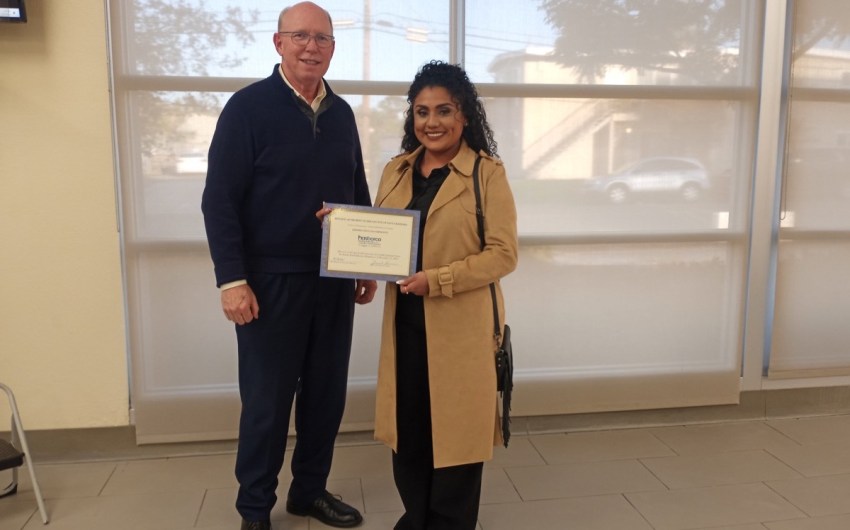
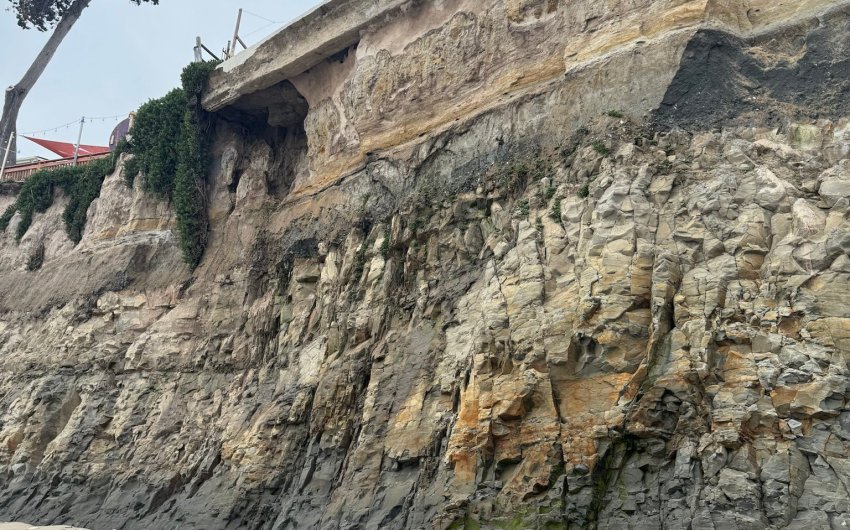
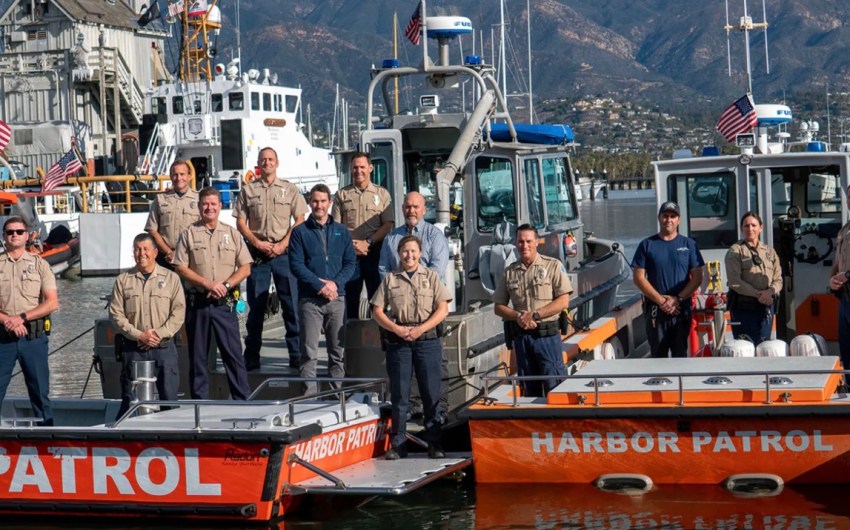
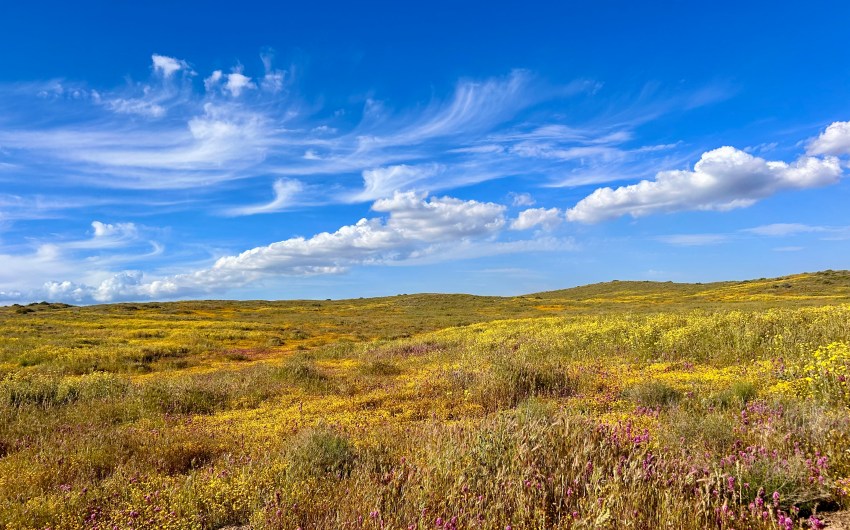
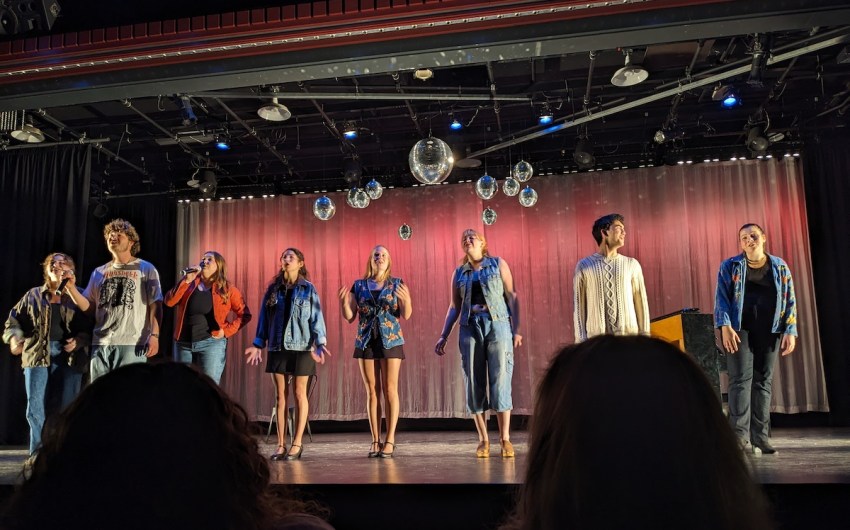
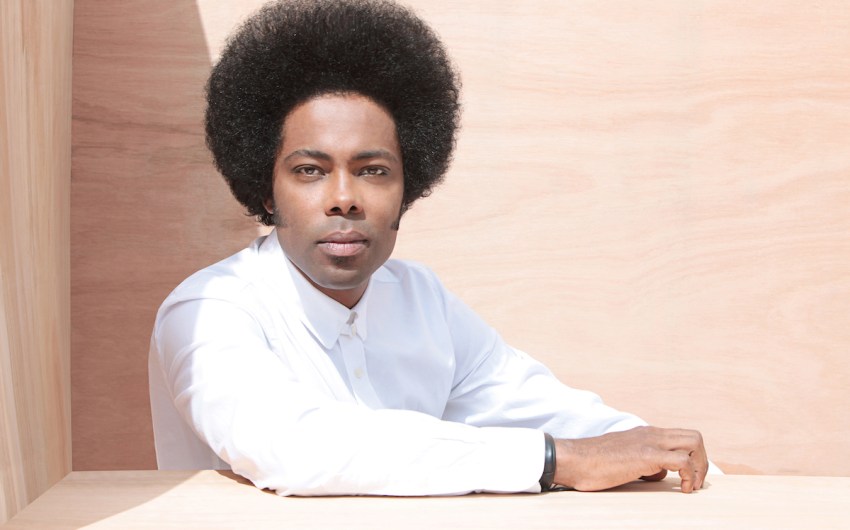
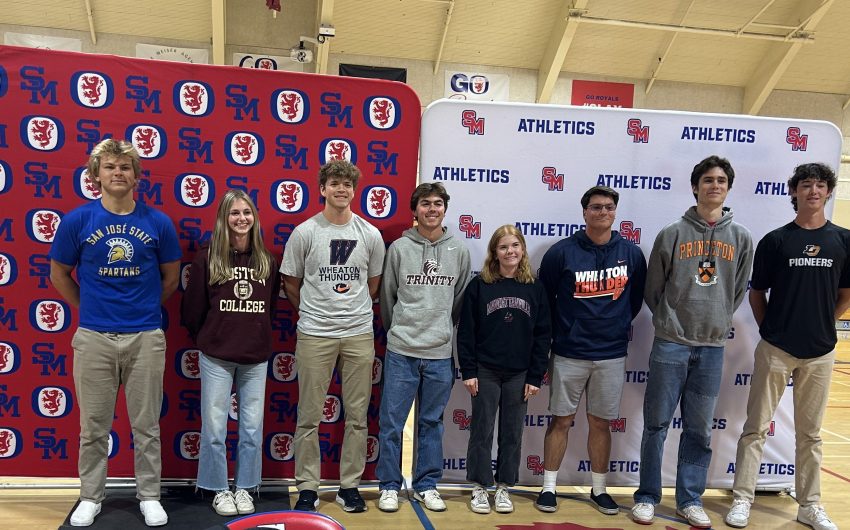

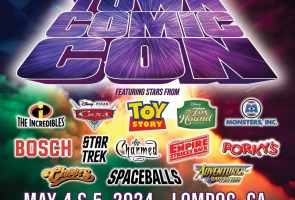
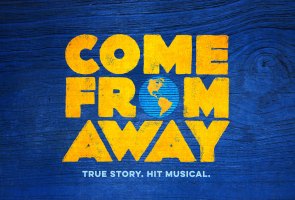



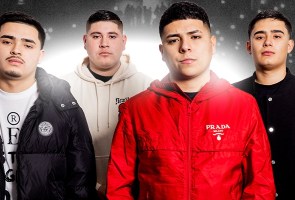
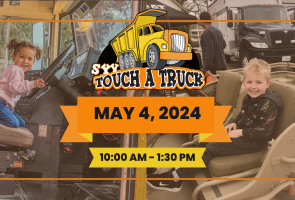

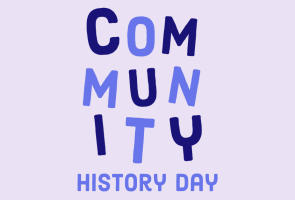
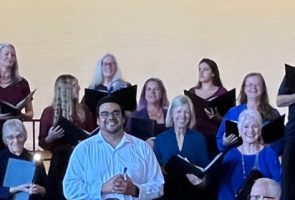

You must be logged in to post a comment.